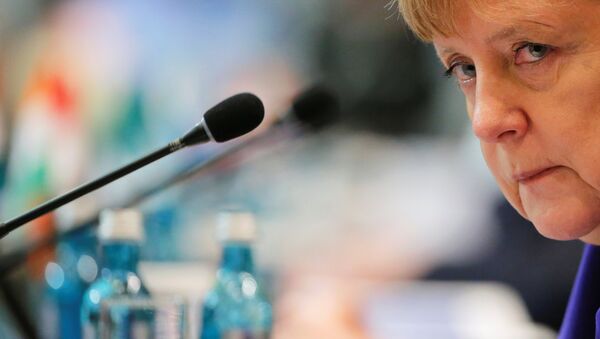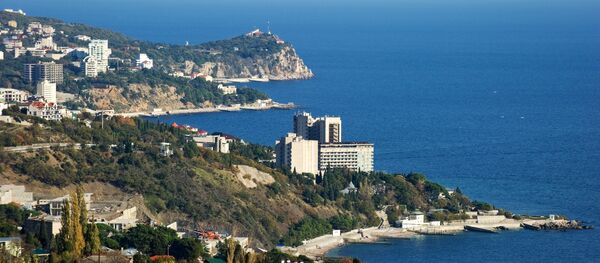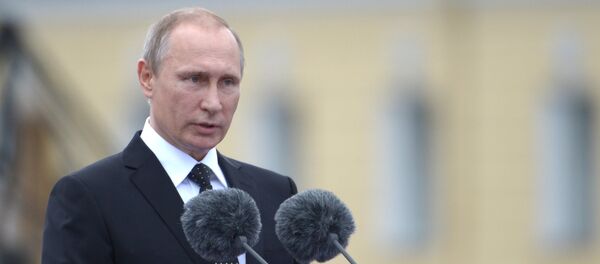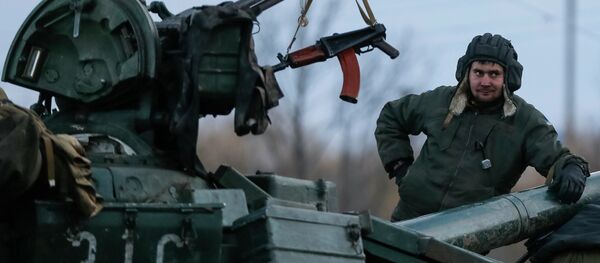In June, French lawmakers voted 302 to 16 to lift sanctions against Moscow, given the impact of counter-sanctions on France’s own economy. A number of EU members have made similar considerations, including Germany.
"German businesses have been at least as concerned about the impact of sanctions against themselves," political analyst Bunn Nagara wrote in an article for Malaysian daily The Star Online. "No less than the German Vice-Chancellor and Foreign Minister have been floating the prospect of rolling back sanctions against Russia."
German Chancellor Angela Merkel, however, appears to be resisting this trend. Speaking to RedaktionsNetzwerks Deutschland (RND) on Friday, the German leader indicated that she sees no end to the sanctions.
"Europe had to react against this violation of basic principles," she said, referring to repeatedly rebuffed claims of Russia’s involvement in ongoing internal political instability in Eastern Ukraine.
She added that she and French President Francois Hollande are working "with all one’s strength" to force Russia to comply with the Minsk ceasefire agreement.
"This is and remains the yardstick for the future of the sanctions."
Moscow has, however, repeatedly pointed out that Kiev has been conducting military operations against Donbass independence supporters.
"It is clear why it was done," Russian President Vladimir Putin said on Friday, referring to the Ukraine’s recent attempt to sabotage critical infrastructure on the Crimean peninsula. "They [Kiev] do not want or are unable to implement Minsk agreements for whatever reasons. And they cannot explain to their own people the significant lapses in socio-economic policy."
On Thursday, Eduard Basurin, deputy defense minister of the self-proclaimed Donetsk People’s Republic, said that Ukrainian authorities had again deployed heavy weaponry near the line of contact.
If Germany and the European Union insist on continuing sanctions against Moscow, they will be a political gesture only, without result, given the "size and economic weight of Russia," Nagara points out.
"If any Western policymaker still harbors the thought of cornering or containing Russia, it should be obvious that Russia is too big and savvy for that."






